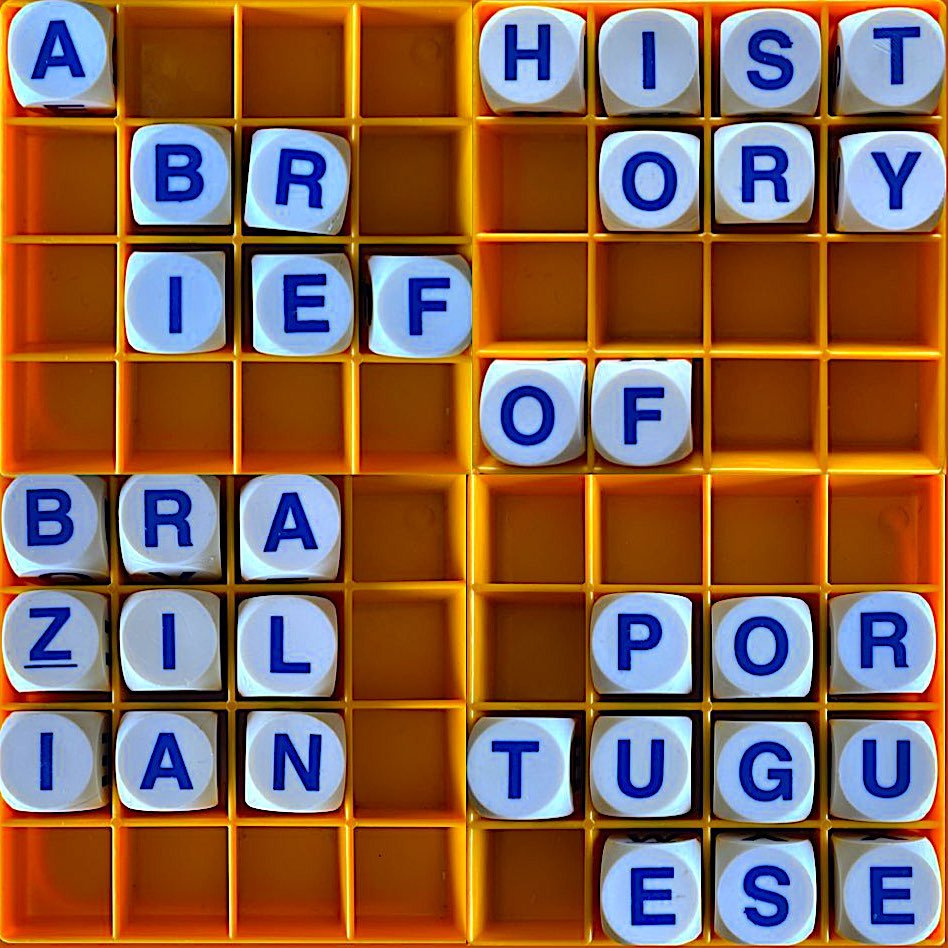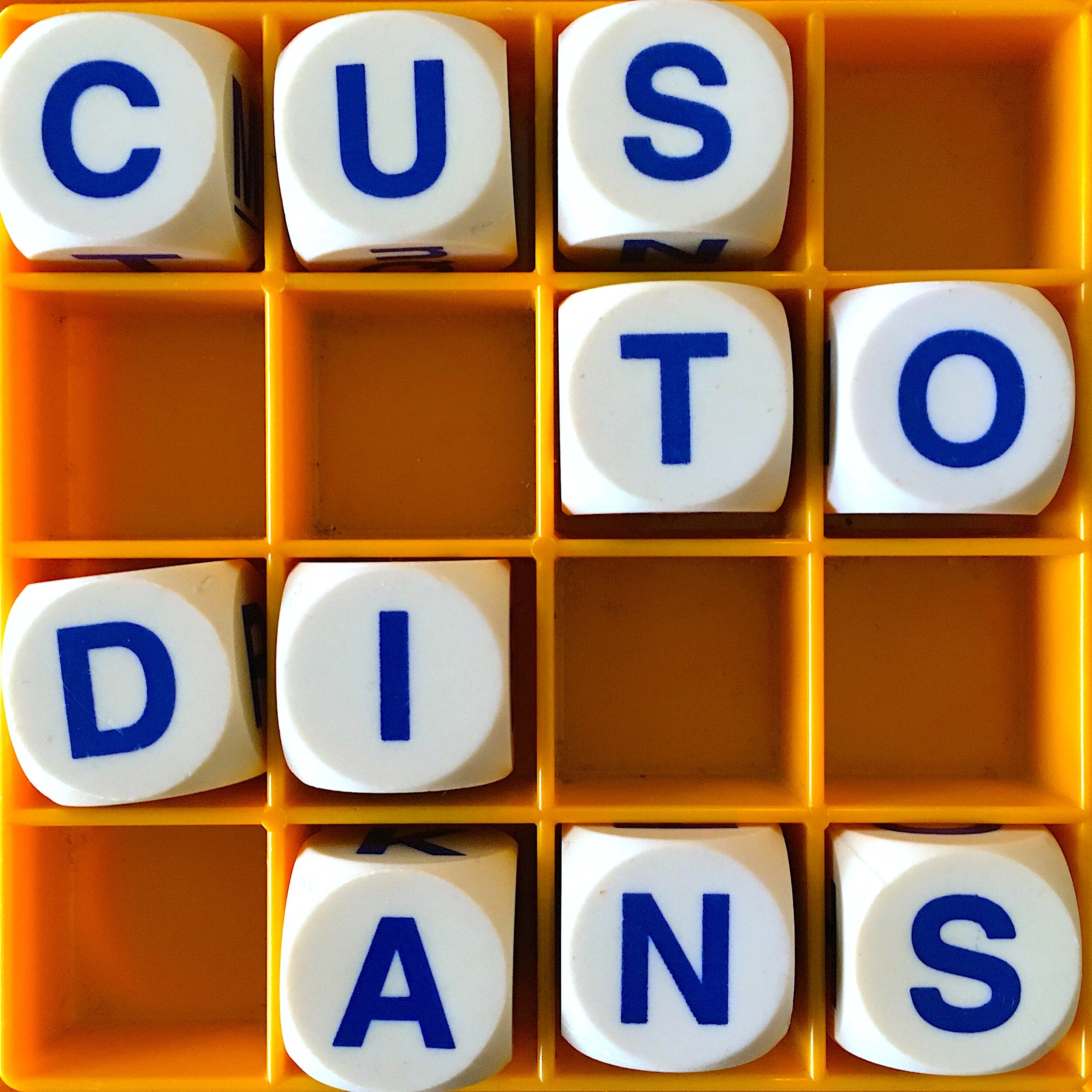CAETANO GALINDO: Brazilians are very confused and confusing and confounding about this relationship with the Portuguese language, because it defines us. We are the place that speaks Portuguese in the middle of a whole bunch of Spanish-speaking countries, and pretty much all of us speak it. And pretty much all of us speak only this one language. It's really something that defines us, and really something that we cannot try to deny or erase or… I don't know. But at the same time, you have this certainty that this was an imposed reality, that this is not what we could have.
Read moreAllusionist 126 Survival: Custodians of the Languages transcript
RUDI BREMER: One aspect of of what happened in Australia, as far as colonisation, is the assimilation policy. And in broad strokes, the way that that worked was Aboriginal people were rounded up, and taken from their land and placed on missions. And from there you were forced to only speak English. You couldn't teach your children your language, you couldn't teach them your culture.
Read moreAllusionist 118 Survival: Bequest transcript
ELIZABETH KEREKERE: I'm so convinced that transphobia, biphobia, homophobia are such an integral part of colonisation, I reject that as a colonial construct, I reject it as racist.
As they took our land - tried to take all of our land, tried to take all of our language and suppress our culture, they also took our expressions of sexuality and gender. And that is important to us in a core part of our culture, especially because the way that the institutional racism, the intergenerational trauma that is the legacy of colonisation has impacted on us and the levels of discrimination against people with diverse genders, sexualities and sex characteristics, that we see that all of this, all of this was a massive attempt to cover up what was already there and pretend it never happened.
Allusionist 117 Many Ways At Once transcript
HARRY JOSEPHINE GILES: Our behaviour and our desires will always exceed any terminology that anyone can come up with. And so rather than trying to find the right terms - and this for me is like what working in, what trying to come up with an LGBT Scots glossary does: it's a chance to imagine. It's a chance not to come up with the right way of saying things, but to say: what if we thought about it this way? What if we thought about it that way? What assumptions are built into the languages that we use?
Read more



